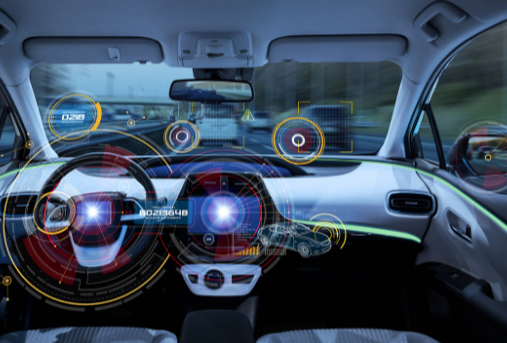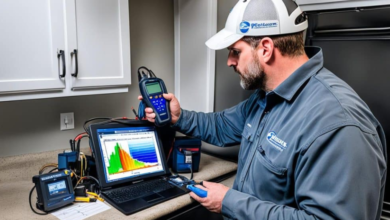The Future of Connected Cars and IoT

The future of connected cars and IoT presents a pivotal moment in the evolution of transportation. As vehicles integrate cutting-edge technologies, they promise to enhance safety and efficiency in unprecedented ways. However, this progress is tempered by significant challenges, particularly concerning data privacy and regulatory frameworks. Understanding the implications of these advancements will be crucial for stakeholders. What solutions can emerge to address these complexities while shaping an innovative mobility landscape?
The Evolution of Connected Cars
As technology advanced, the automotive industry began to embrace the concept of connectivity, leading to the evolution of connected cars.
These vehicles integrate autonomous technology to enhance user experience and convenience.
However, this progress raises critical concerns regarding data privacy, as the collection and sharing of personal information become prevalent.
Balancing innovation with the safeguarding of individual freedoms remains a crucial challenge for manufacturers and consumers alike.
Enhancing Safety and Efficiency
While the integration of IoT technology in connected cars has introduced numerous conveniences, it also plays a pivotal role in enhancing safety and efficiency on the road.
Through advanced collision avoidance systems, vehicles can detect and mitigate potential accidents, thereby reducing risk.
Additionally, predictive maintenance utilizes real-time data to foresee mechanical failures, ensuring smoother operations and promoting a safer driving experience for all.
Economic Opportunities and Challenges
Although the rise of connected cars and IoT technology presents significant economic opportunities, it also introduces a range of challenges that stakeholders must navigate.
Market growth is promising, yet regulatory hurdles complicate innovation and investment. Companies must balance the potential for profit against compliance with evolving regulations, ensuring that they can capitalize on advancements while maintaining consumer trust and safety.
Read Also: Techsslaash Com: Exploring the Latest Trends in Technology
The Future Landscape of Urban Mobility
With the rapid integration of connected cars and IoT technologies, the future landscape of urban mobility is poised for transformation.
Enhanced urban infrastructure will harmonize with innovative mobility solutions, fostering seamless transportation experiences.
This evolution empowers individuals, offering unprecedented freedom of movement while addressing congestion and environmental concerns.
As cities adapt, the interplay between technology and urban planning will redefine urban mobility paradigms.
Conclusion
In conclusion, the future of connected cars and IoT is poised to revolutionize mobility, with an anticipated 90% of vehicles expected to be connected to the internet by 2030. This integration promises to enhance safety and efficiency while creating new economic opportunities. However, the challenges of data privacy and regulatory compliance remain critical. A collaborative effort among stakeholders will be essential to navigate these complexities and realize the full potential of this transformative technology in urban mobility.




